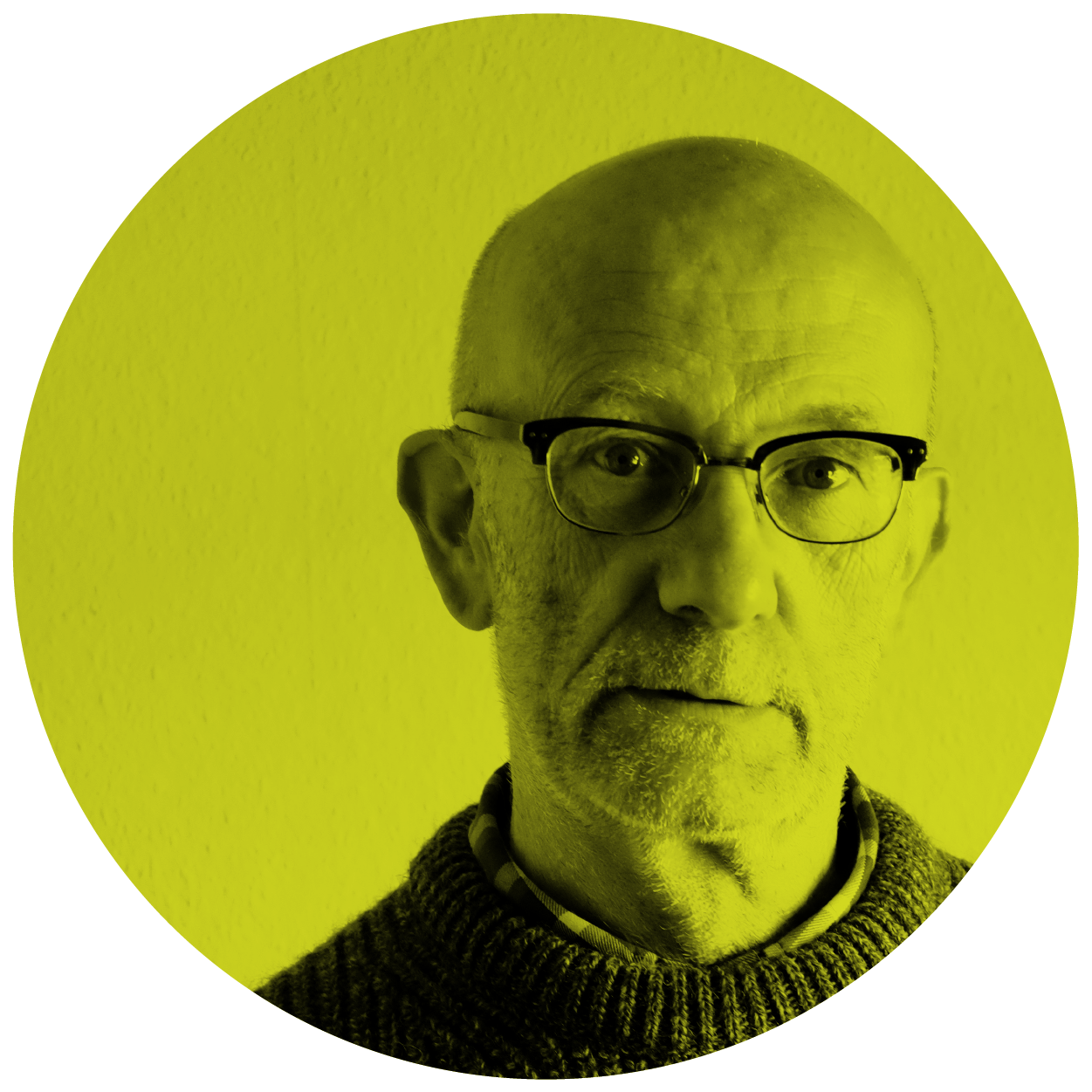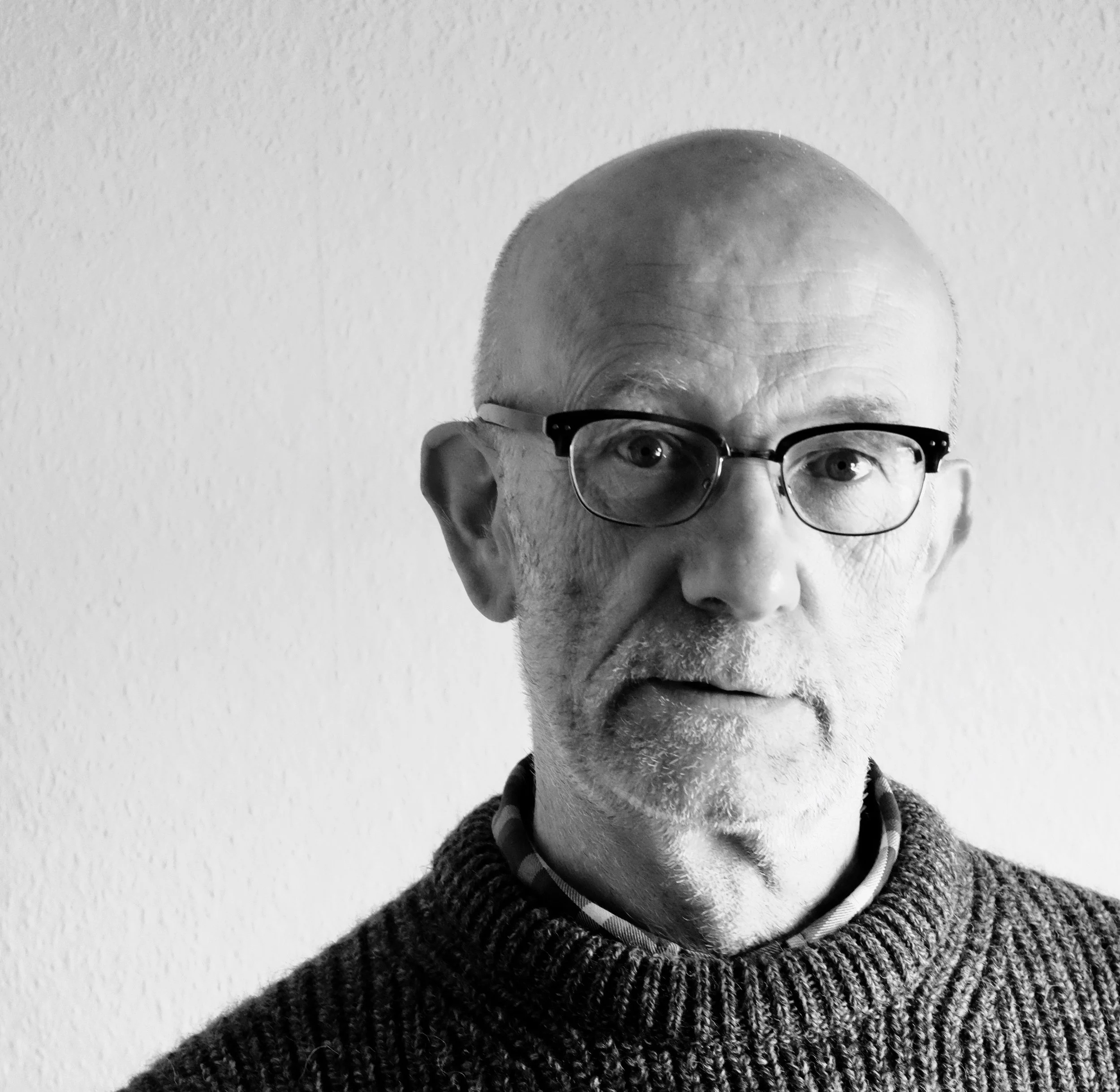“I’ve always been interested in how past events have made me what I am. Oral Histories are good for personal curiosity, local curiosity and then moving out to national and global curiosity. It all fits together.”
Listen to the Oral History interview with Richard Westcott, a Doctor in South Molton who was photographed by James Ravilious
‘My job is to go out into the community and talk to people in their homes about North Devon from the 1970s to the 90s. The interviews are part of a bigger project which has a lot of strands: It’s partly located in the photographic Archives, cataloguing Ravilious’ and Deakins’ work and it’s got a community element where it works with various community groups. The Oral Histories in many ways brings those two bits together in that the photographs underpin the interviews but we’re meeting people in the community for them to tell us more about what’s in the photograph.
Oral Histories are an important adjunct to the original brief James Ravilious had - to capture a way of life that was passing. In a way the Oral Histories are deepening, adding to and giving context to the photographs. People are talking about that way of life. With a photograph, you have a still representation and what the oral history interview adds is someone saying ‘that’s what my life was like then’ and giving further detail. That adds quite a lot to it.
The nicest part has been meeting a whole range of people who are linked to the photographs and who have lived a life I knew nothing about. The life of a North Devon farmer was 24-7, 52 weeks a year. They were farming to live and life on the farm dictated their life patterns. It’s interesting talking to people about how that panned out.
The seasonal thing has struck me too, particularly on the small farms where they would keep a pig, kill it at a certain point, then cut it up, cure it and share it with their neighbours. Farming practices have featured a lot in the interviews but a lot of people also talk about fetes and festivals which take place in different communities at different times. I’m interested in what they mean to the village identity and what they mean to the identity of North Devon.
Another thing that’s come up is the changing patterns of village life. Some people I’ve spoken to say that in the smaller villages there’d still be a cobbler, a cordwainer and a number of other shops. Now they’ve all gone and people are trying to understand what’s happened to take the community out of the village. I’m also interested in the day-to-day life and experiences of men and women. In what ways was it similar and in what ways was it very different? I’m interested on hearing both sides of the story.
Oral Histories give you a different take on what happened in a particular area at a particular time. Written history will give you a version largely based on documents which are based, perhaps, on the voices of people who had more power, people who were able to articulate ‘this is what it was like’. Oral Histories give people, sometimes those with less power, the opportunity to say ‘this is what it was like for me’.
Interview with Malcolm Cowburn, Oral Historian for Beaford



